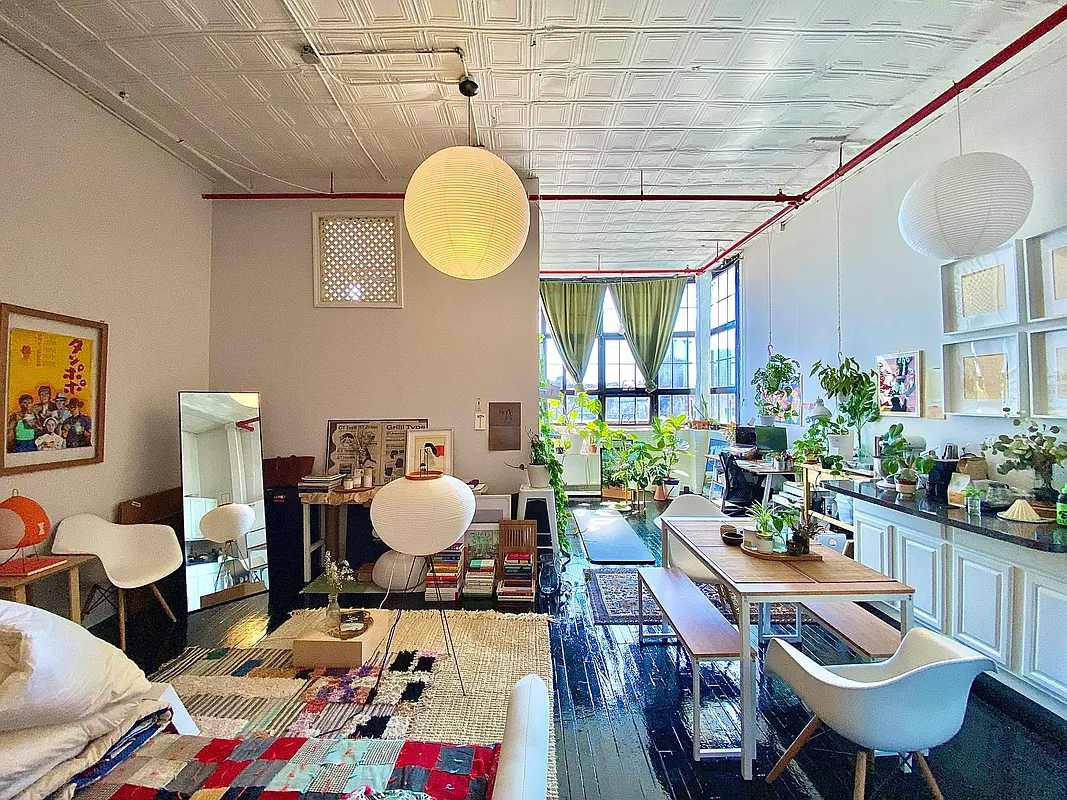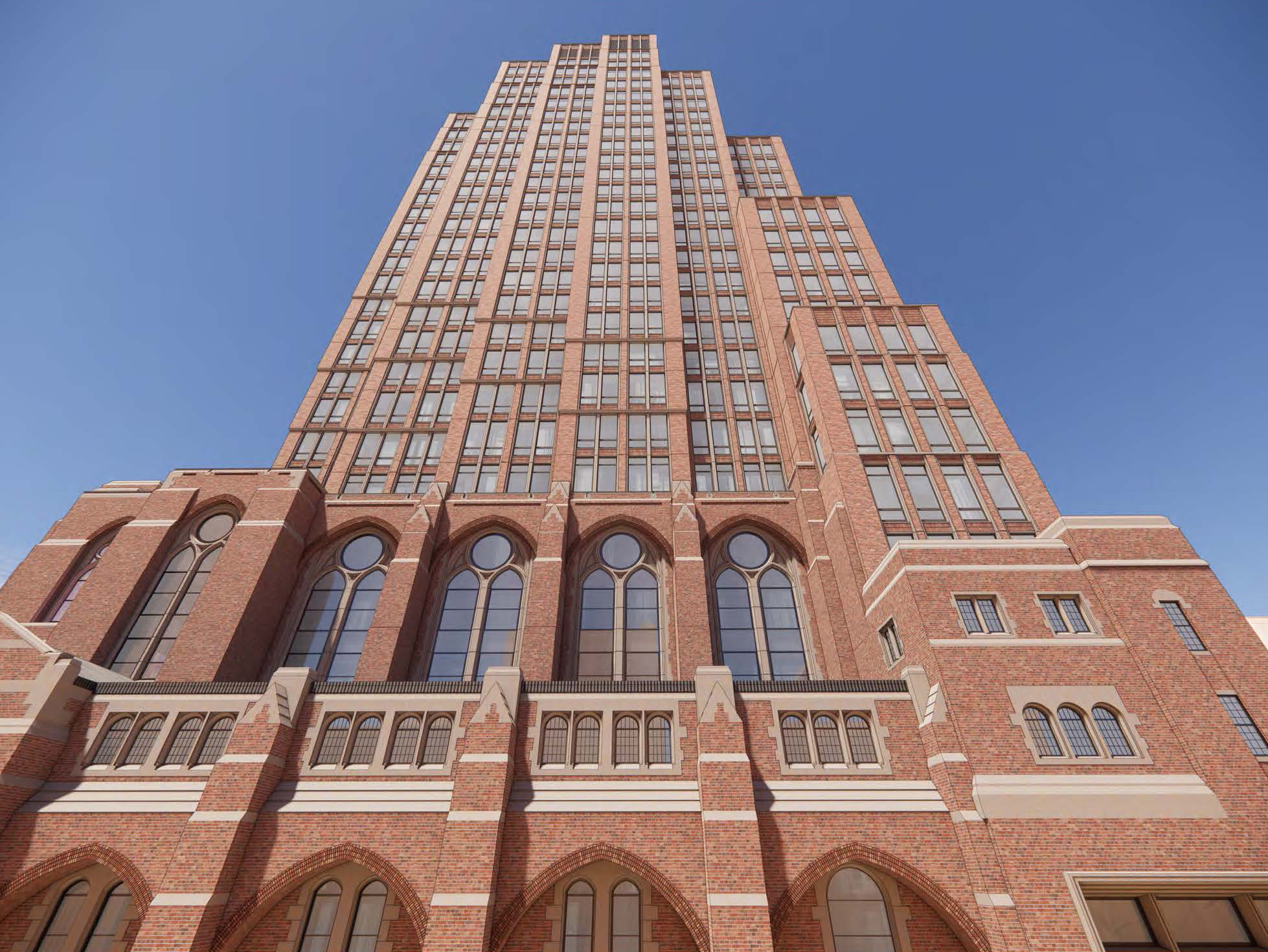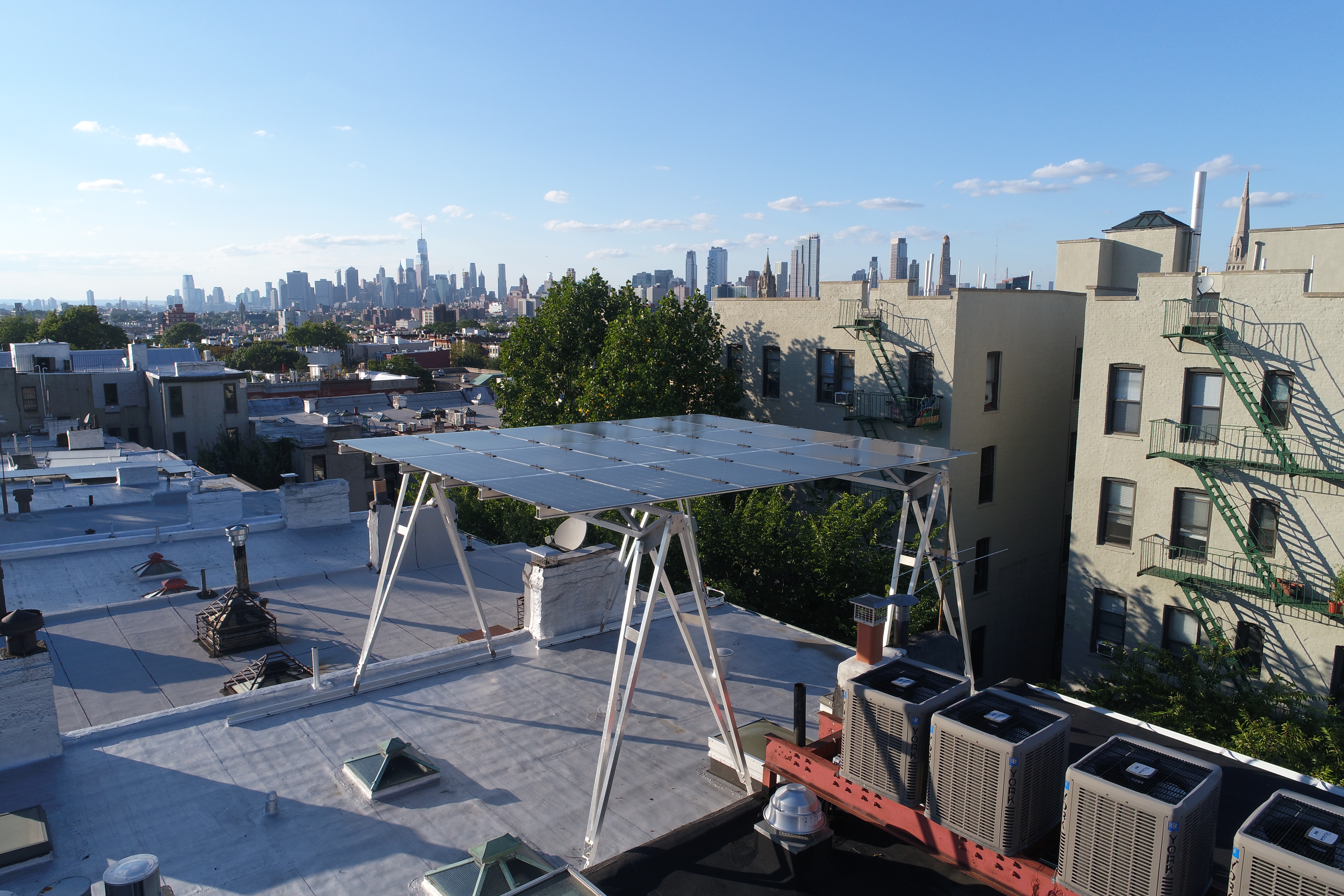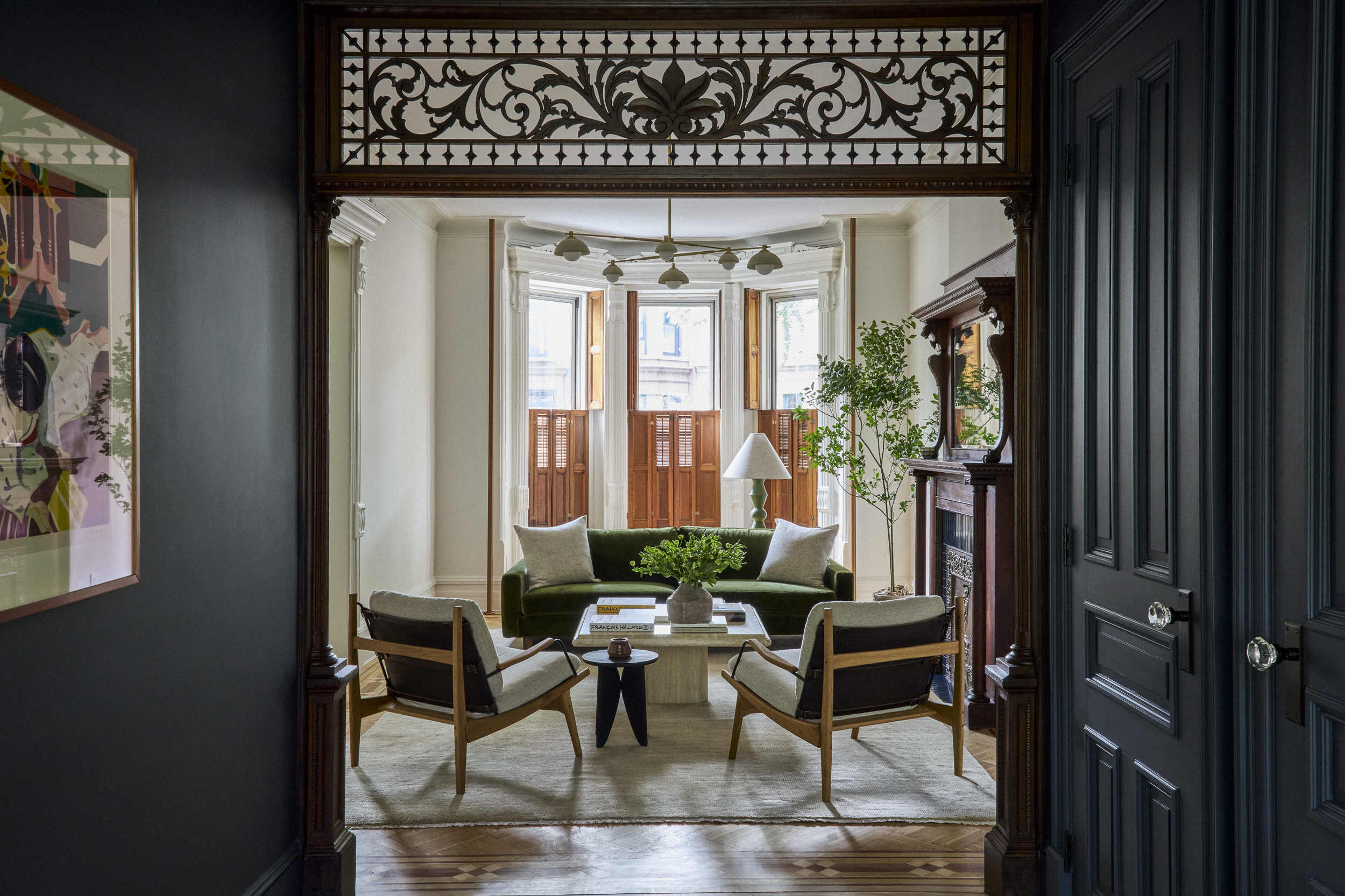"Further Cooling" to Housing Market, WSJ Says
November 15, 2005, Wall Street Journal — The pace of U.S. home sales is showing further signs of slowing, amid a widening gap between sellers’ asking prices and the amount skittish buyers are prepared to offer, according to an industry survey, real-estate brokerage firms and housing economists. Rising mortgage rates, higher energy costs, widespread talk…
November 15, 2005, Wall Street Journal — The pace of U.S. home sales is showing further signs of slowing, amid a widening gap between sellers’ asking prices and the amount skittish buyers are prepared to offer, according to an industry survey, real-estate brokerage firms and housing economists. Rising mortgage rates, higher energy costs, widespread talk about the risk of a “bubble” in housing and a surge in the number of homes on the market are among the factors behind the apparent slowdown. They have combined to make home shoppers more cautious, economists and real-estate brokers say. Buyers are taking their time to look for bargains, while many sellers have put unrealistically high price tags on their homes. That leads to a standoff, causing the number of sales to drop — a classic ending to a period of unusually rapid house-price increases.
Housing Shows Further Signs of Cooling [Wall Street Journal]





DJB
No offence but I think you’re basically saying ‘brownstones cost more than I’m willing to pay right now’.
Which is fine, but it’s different from them being ‘overvalued’.
My $0.02
DJB,
Thanks for replying.
However, feel free to call me an idiot, but I don’t get your first answer. You say you evaluate houses on a comparision basis. But compared to what? You say the fixer-uppers are overvalued. And the fancy renovations are overvalued. And the in-between houses are a harder call, but are mostly overvalued too.
If you’re comparing them strictly with each other, then it sounds like they are correctly valued — no group is a better bargain than any other.
If you use a comparison basis, it has to be in comparison with something correctly valued — yet it doesn’t sound like you think anything out there is correctly valued. So you must be comparing with something else. (The market a couple years ago? What people are actually paying? Recent comparables? Houses in other neighborhoods? Other cities? I really have no idea.)
On your second answer, I’ll take your word for it, but I haven’t seen the $600K Jersey house you describe, not any time recently.
In response to the two questions posed to me yesterday.
As to the First question, accesing the value of a brownstone is not an exact science that i think we can all agree on. For people who try to assess the value of a Brownstone based on a 1 to 1 ratio of mortgage payment to rental value, this is poor economic evaluation. By owning a brownstone, you have a tangible asset that you invest your equity in, as you pay off your mortgage, the equity increases without even considering the possible appreciation, owning a brownstone is vastly different than renting. Renting results in a complete cost consume process. Meaning you pay rent for th month, and its value is consumed that month; there is no long term return. As a renter you do not pay taxes insurance, certain utility bills depending on the lease, but you also do not receive the tax breaks. The only economic benfit a renter receives is the use of teh house for teh month and whatever money they save on top of what they spend to rent. Anyone who thinks a mortgage should equal the rental is not realistic in their evaluation of the benefits of owning a home. To a small degree buying a home is like trading on margin, the mortgage allows an individual to invest in a commodity that is worth more than the individual has to spend. even better then trading on mortgage, the indiviudal gets to benefit from the commodity while he/she waits on the return.
As to an interested buyer’s income, again that should have nothing to do with assessing the fair market value of a brownstone. It might determine whether the specific individual can afford the brownstone; thereby, making it over valued to the individual, but by no means should that reflect on the fair market value of the brownstone. To use another financial market analogy, if someone making less money bought Microsoft stock in the mid eighties, that does not mean that an individual making more money now should be able to buy the same amount of shares now owned by the individual who bought the shares in teh mid eighties.
My standard for assessing the value of a Brownstone is really a based on my experience along with a simple cost/comparison assessment. This is done whether the BRownstoen is out of price range or within my rpice range or below what I am looking for. I grew up in Brooklyn, lived in Carrol Gardens, Park Slope and Cobble Hill, went to school in Brooklyn Heights, and had friends that lived throughout Brooklyn in Brownstones in various neighborhoods. I have seen beautiful bronwstones with intricate original details and brownstones that were completely renovated. I worked in construction for many years doing home renovations among other things and know the cost of construction, as well as quality workmanship, when I see it. When I look at a Brownstone, the first thing I do is determine what it would take to fix the parts of the Brownstone that are in disrepair,by this I do not mean asthetic items like a brand new kitchen or bathroom, but rather warped floor boards, chipped paint, crooked stairs, cracked conccrete on the exterior, etc… . I then look at the brownstone with all the new items in place and compare it to other brownstones, which do not need the same work to see if the brownstone will measure up. Overwhelmingly, at the moment, the brownstones are not measuring up. In addition, the brownstones that have all the renovations in place and new kitchens, new bathrooms, beautiful gardens, etc… are way over valued from the cost of the plain brownstone that has not defects, but no bells in whisles either. The middle brownstones (the ones with no need for repairs but also do not have any top of the line attributes) are hardest to evaluate, for these houses, I look to location, I compare it to other houses in better and worse locations, I look to size, I look at the potential for asthetic renovations, and I compare it to other houses. Again, most of what I have seen so far, is overvalued.
As to question number 2.
the value in living in a brownstone is the simple commute and the ability to live in New York City. How much you value living in New York City is definitely a personal preference. For instane, my wife and I have lived here for all of our lives, I we can’t see ourselves living somewhere else. With that in mind, the prices for brownstones are getting to the point, where I would much rather live in a big house in teh countryt spend 2/3 the amount on the house and giev up City living and the easy commute. For $600K, you can get a very nice house in a nice neighborhood in Jersey within an hour commute from the City. The house would have thee to four bedrooms, a backyard, a garage, and be located in a great school district. When living in the suburbs the factor most discussed is the taxes. You pay more than the city. For arguments sake, even if you pay $20K more per year on taxes, which would be unecessary. Over 30 years that results in $600K, when calculating that to present value that is about $300K. Even if you were to evaluate the cost of the house at $900K, it still is a better value for your money than a 1.2 million dollar brownstone that has four bedrooms, and is in need of many renovations. Now, if what you state is true and teh house appreciates more oustide teh City, then the comparison becomes even more lop sided. The only reason why my wife and I continue to look is we love New York City and don’t want to leave (the personal preference).
I am a sales agent in Manhattan and in my office the only poping we are hearing is champagne corks.As of 11/08 we are having a record sales month for Nov. Granted things were a “little slow” in Sept. and Oct. and most of our sales have allways been studios and one bedrooms,but this is starting to look a lot Dec. 2001 and last year when things went nuts just before the holidays. One of the reasons being during the latest building boom they made very few studios and ones instead they went for the bigger money makers,2 and 3 bedroom apts. Plus we still have the basic fact that more people continue to move into NYC than move out. And tie in the record bonuses about to hit the street it could be a very intresting New Year. It only takes a few people to jump off the fence to start things rolling again.
I also have been telling my clients that every quater point in interest on a $500K loan works out to apx. $220K extra in interest payments on a 30 year loan, so how much are you going to save by waiting for the market to come to you if they keep raising rates every 6 weeks?
P.S. I also live in the Slope where the law of supply and demand is still in effect.
re: NYC real estate taxes…
NYC has an income tax, which is rare for a municipality. I’d imagine this is why real estate taxes can be lower than in the suburbs.
I don’t know why NYC has an income tax, though.
Speaking of, why ARE NYC so ridiculously low? I mean, really, some of the multimillion dollar townhouses in Manhattan pay 30K in taxes, while smaller suburban places pay the same or more. There are more services in NYC and heck of a lot more people…you would think NYC could improve a lot by working on its tax code and making some of the multimillionaires pay a lot more than they do…but I guess that’s a whole other issue.
I can’t see how DJB can determine what the real price of a place is. It’s worth what they get for it.
Meanwhile, factor in 15k real estate taxes if you look outside the city. NYC real estate taxes are dirt cheap.
Perhaps there is a finite number of buyers who can afford a 1M house of brownstone. They just don’t make millionaires as fast anymore I guessed.
While I’m not willing to predict a collapse, I am not persuaded by the low interest rate argument explanation for the very recent run-up (ie. the last 2 years).
Mortgage rates bottomed out at 5.3% in June 2003 and were pretty stable for two years until recently drifting up to their current level of 6.5%. Meanwhile, prices rose sharply despite stable interest rates. I can imagine it taking a few months for low rates to increase market demand, but not 2 years.
That tells me that at least relative to general inflation, prices should still fall somewhat faster than interest rates rise.